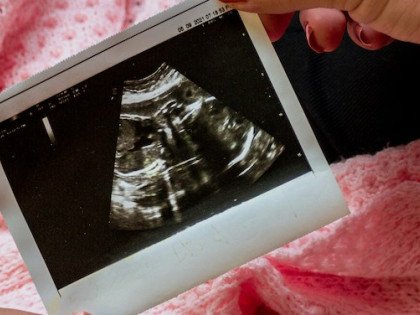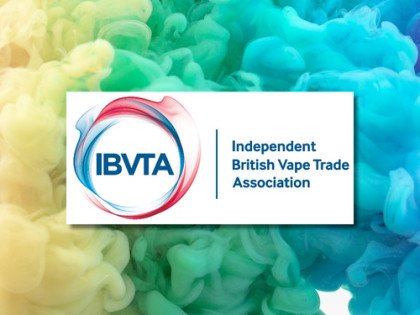Several unnamed electronic cigarette companies and an eliquid manufacturer funded the research, separate to the crowd funding campaign written about in this POTV article. Hall Analytical Labs in Manchester and Helvic laboratories in Stoke-on-Trent carried out the testing of the liquids, payment for this bit coming from the Swiss Tobacco Prevention Fund.
The liquid brands tested included:
- Janty
- Ecigexpress
- Vapor4life
- Totally Wicked
- Sedansa
- Johnson Creek
- TECC
- Intellicig
- E-cigarettes.fr
- CigLib
- V2 Cigs
- E-liquide.com
- Tasty Vapor
- E-cig.com
Much has been written and spoken about regarding the presence of diacetyl, formaldehyde and other potential carcinogens. For those looking for a final answer it is important to note that none of the testing analysed vape produced by an electronic cigarette.
Testing for diethylene glycol, hydrocarbon, solvent and ethanol were carried out by gas chromatography-mass spectrometry. Ethylene glycol analyses were performed by chemical ionisation. Tobacco-specific nitrosamine testing was a combination of liquid chromatography and mass spectrometry. Aldehydes by chromatography coupled with ultra-violet detection and mass spectrometry.
The report makes comment that the high levels of hydrocarbons in some liquids “were probably present in the flavours added to these liquids by manufacturing processes, perhaps in an attempt to make the flavouring more intense.” It makes no reference to the limit of acceptable value or the relative danger of the levels discovered.
Regarding formaldehyde, it “was detected in all the 42 samples.” They do not state the level to which anyone ought to be concerned or how this related to vapour. The report continues: “Formaldehyde is prohibited in food, and it was probably not added on purpose in the e-liquids, but could be a contaminant present in the ingredients, due to the low quality of raw materials. Of note, formaldehyde also occurs naturally in many food products and in beverages, thus the source might be some natural extracts used as flavourings.” It is highly probable that, not having gone into any further explanation, these figures will be used by those opposed to vaping.
No aldehydes, including Acrolein, were found in any level higher than the recommended levels for food products – again, information that is of no use to vapers or able to inform juice manufacturers.
Nitrosamines features high on the list of objections to vaping; it is a shame that the investigation chose a high detection level and therefore found none. The lack of real data here is another aspect where the report lets itself down and diminishes its use.
The authors do extrapolate their data to predict that swallowing 10ml of eliquid (unspecified strength) by an adult or child should not result in acute oral toxicity. The lack of any substance to this claim is amplified when they “assumed that the composition of liquids does not change after being heated and evaporated during e-cigarette use” for assessing chronic oral toxicity.
They conclude: “None of the products under scrutiny were totally exempt of potentially toxic compounds. As this new market has developed largely outside an appropriate regulatory framework, some manufacturers and vendors apparently lack the adequate know-how about safety.”
By and large this study is of little use to vapers or manufacturers but contains enough information to be misused by those seeking stronger legislation. It will leave many vapers wondering what the aims were and if the authors considered how their findings would be used. It is true that the more research about vaping should always be welcomed but most will wonder what the point is of work that looks at liquids rather than at the actual vapour.
Dave Cross
Journalist at POTVDave is a freelance writer; with articles on music, motorbikes, football, pop-science, vaping and tobacco harm reduction in Sounds, Melody Maker, UBG, AWoL, Bike, When Saturday Comes, Vape News Magazine, and syndicated across the Johnston Press group. He was published in an anthology of “Greatest Football Writing”, but still believes this was a mistake. Dave contributes sketches to comedy shows and used to co-host a radio sketch show. He’s worked with numerous start-ups to develop content for their websites.
Join the discussion
Expert Reaction to Pregnancy Study
Experts have reacted to the QML study of impacts of vaping in pregnancy and comparison with smoking
Study: Vapes Help Pregnant Quitters
A new study from Queen Mary University of London finds that vapes help pregnant smokers quit and pose no risk of poor pregnancy outcomes
IBVTA responds to UCL study
The Independent British Vape Trade Association has responded to University College London research and said the findings show the Government’s smoke-free ambition is stalling
Cochrane Review Echoes Swedish Success
The Cochrane Review echoes the Swedish approach, finding less harmful alternatives like vaping are superior to other quit methods, says Smoke Free Sweden






-listing400.jpg)




